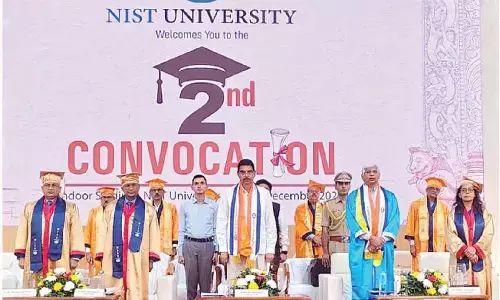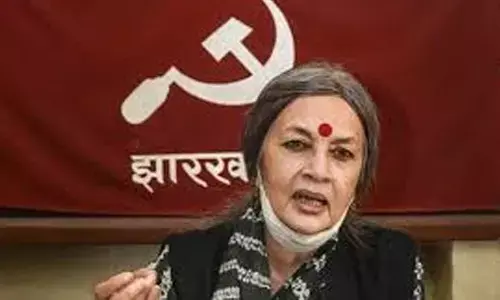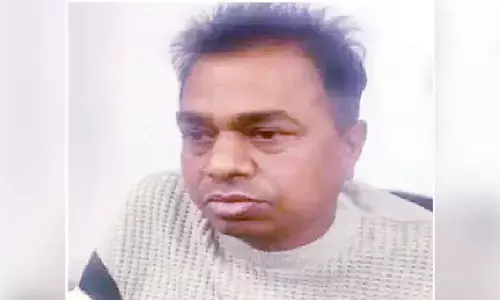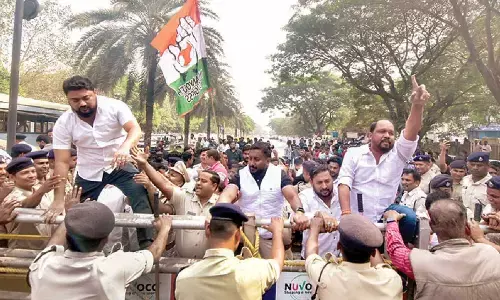CBSE opposes PIL in Delhi HC seeking common syllabus across India
Share :
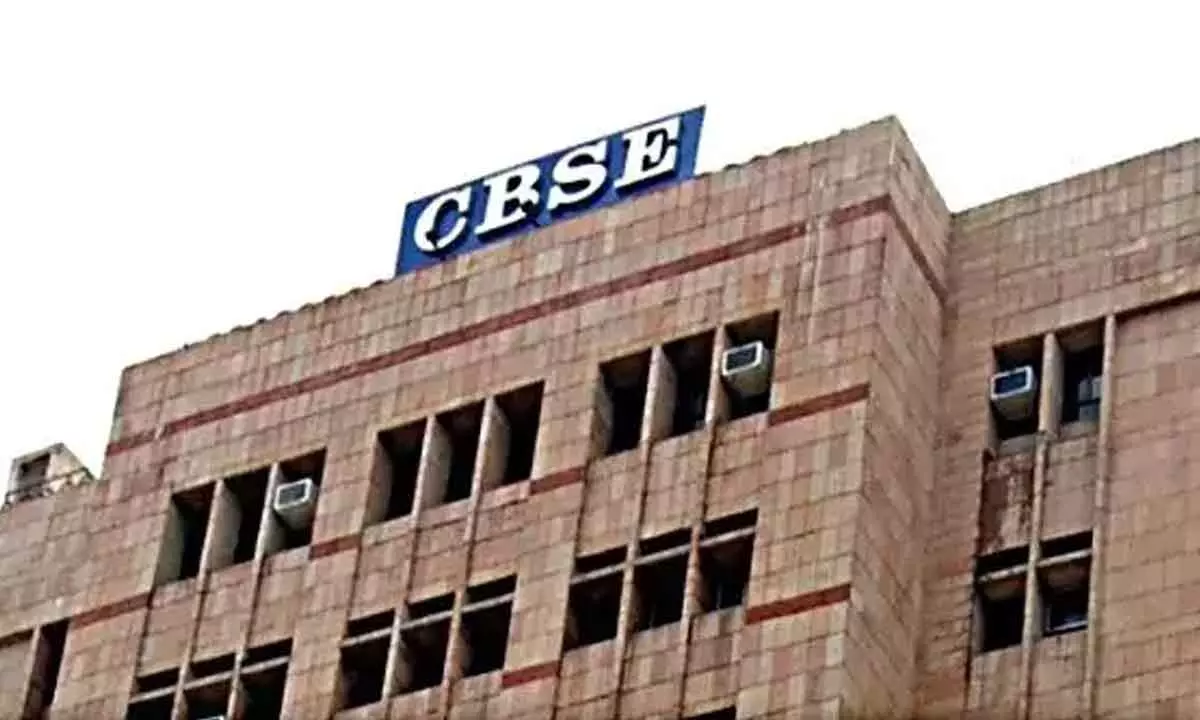
CBSE has opposed a petition challenging certain provisions of the Right to Education Act, 2009 for being "arbitrary, irrational, and violative" and seeking direction to the Centre to implement common syllabus and curriculum for the students of Class 1 to 8 standard throughout the country.
The Central Board of Secondary Education (CBSE) has opposed a petition challenging certain provisions of the Right to Education Act, 2009 for being "arbitrary, irrational, and violative" and seeking direction to the Centre to implement common syllabus and curriculum for the students of Class 1 to 8 standard throughout the country.
In its reply to a PIL filed by lawyer and BJP leader Ashwini Upadhyay, the CBSE clarified that education falls under the 'Concurrent List' of the Indian Constitution, and the majority of schools are under the jurisdiction of state governments. As a result, it is the responsibility of the respective state and Union territory governments to formulate syllabi, curricula, and conduct examinations for schools in their regions.
The CBSE further pointed out that the National Curriculum Framework (NCF), developed by the National Council of Educational Research and Training (NCERT) in accordance with the National Policy on Education, provides guidelines and direction for syllabus and textbook development across all school stages.
In line with the NCF, the NCERT develops curriculum, syllabi, textbooks, and supplementary materials, it said.
The Board said that the State Councils of Educational Research and Training (SCERTs) and State Education Boards either adopt or adapt the NCERT's model syllabi and textbooks or create their own based on the NCF.
The CBSE also said that a uniform curriculum across India may not adequately consider local context, culture, and language. It further highlighted the importance of a national framework with flexibility that allows for the incorporation of local resources, culture, and ethos.
The CBSE's response underscored that a curriculum closely related to a student's life outside of school is more relatable and effective. Therefore, they expressed support for a diversity of curricula and educational resources, in addition to a common core element.
A division bench of Chief Justice Satish Chandra Sharma and Justice Subramonium Prasad had earlier sought the Delhi government, the CBSE and the NHRC's response on the petition.
The plea also challenges the provisions under the RTE Act which excludes madrasas, Vedic pathshalas and educational institutions imparting religious knowledge.
Upadhyay had argued that all competitive examinations be it engineering, law and the Common University Entrance Test (CUET) should have a common syllabus.
"But we have multiple syllabus at school level, how will it provide an equal opportunity for students? In Kendra Vidyalayas across the country, we have a common syllabus. Every developed country has a common syllabus in schools. It is unfortunate we are under pressure from the coaching mafia."
He had contended that as per the Articles of the Constitution, students do not get equal opportunities.
Upadhyay, in his plea, alleges that "education mafias are very powerful and have a very strong syndicate. They influence rules, regulations, policies and examinations. The bitter truth is that school mafias do not want one nation-one education board, coaching mafias do not want one nation-one syllabus, and book mafias do not want NCERT books in all schools. That is why the uniform education system up to the 12th standard has not been implemented yet."
"It is necessary to state that the purposive and harmonious construction of Articles 14, 15, 16, 21, 21A with Articles 38, 39, 46 confirms that education is a basic right of every child and the state cannot discriminate against this most important right. Right of a child should not be restricted only to free education, but must be extended to have equal quality education without discrimination on the ground of the child's social, economic and cultural background," the plea reads.







